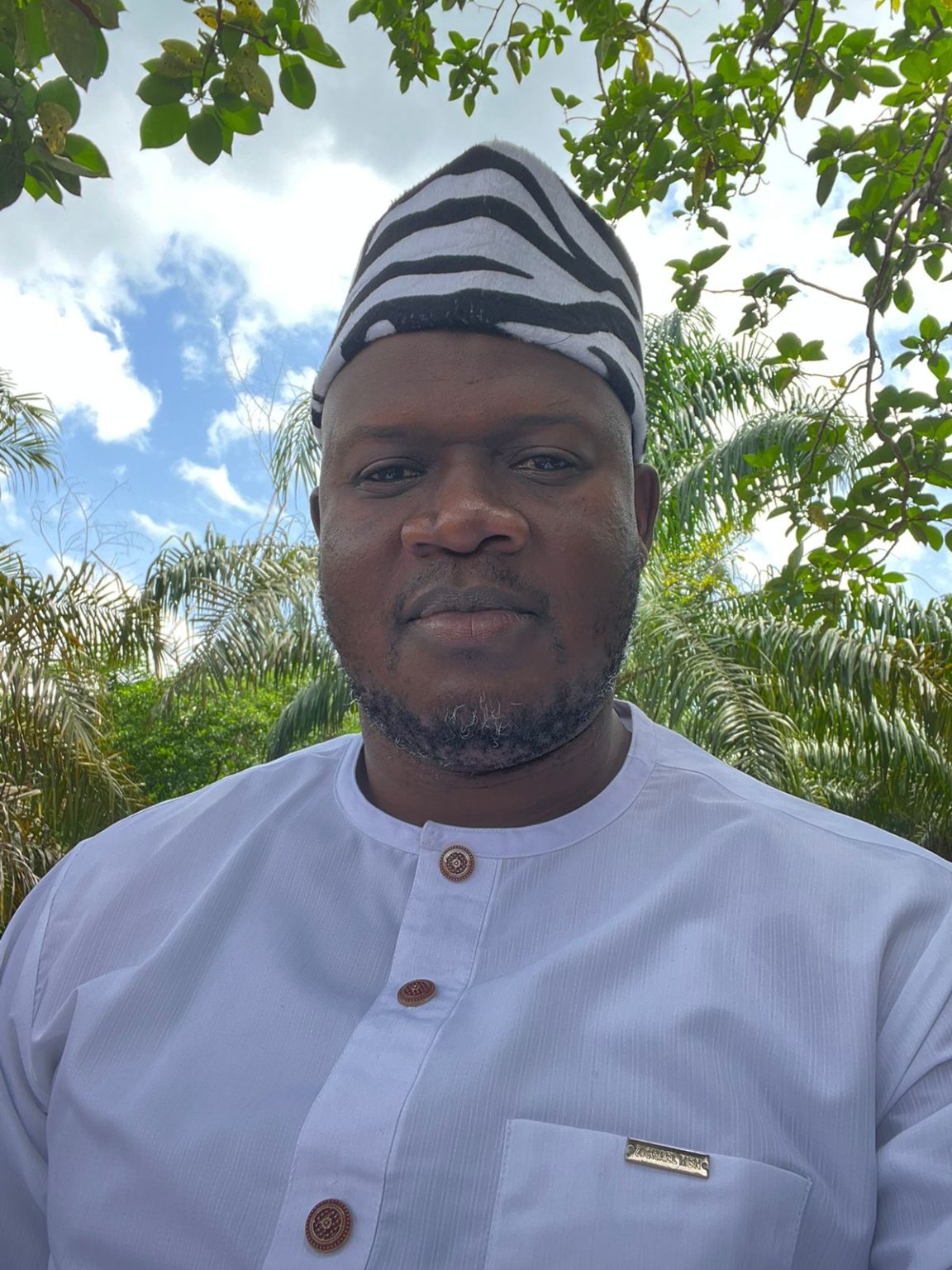The Nimba Legislative Caucus has taken a strong stance against the potential re-negotiation of a mining deal with ArcelorMittal Liberia, asserting their commitment to resist any discussions regarding the expansion of the company’s operations in the county. Senator Nya D. Twayen, representing the caucus, highlighted during a session of the Liberian Senate that the caucus is unwilling to negotiate because they believe ArcelorMittal has not adhered to the terms of the existing Mineral Development Agreement. This development agreement was enacted by the Legislature, and concerns over the company’s compliance have led to the caucus’s decision to confront any efforts to renegotiate.
Senator Twayen outlined several critical grievances that the caucus holds against ArcelorMittal, particularly regarding the company’s failure to renovate and rebuild homes in the concession area. Communities along the railway used for transporting iron ore have been adversely affected, with homes damaged by vibrations caused by the passing trains. The senator characterized the company’s lack of action as a denial of citizens’ rights to benefit from the natural resources that are extracted from their land. The caucus feels strongly that the company has not delivered on the social and infrastructural promises encapsulated in the original agreement.
ArcelorMittal Liberia has been operational in the region since signing a long-term mining agreement with the Government of Liberia back in 2005, marking the start of its mining endeavors in the country. The company began shipping iron ore from its Yekepa mine in 2011, but aspirations to expand output significantly were hindered after the Ebola outbreak in West Africa in 2014 led to the declaration of force majeure on the planned expansion project. This delay has left local communities feeling even more disconnected from the benefits of the company’s operations.
The Nimba Legislative Caucus emphasizes that there will be no cooperation or future negotiations until ArcelorMittal addresses the commitments originally made in the Mineral Development Agreement. According to Senator Twayen, the caucus demands the completion of various obligations, including the renovation of homes affected by the company’s activities and compensation for disrupted communities. The caucus stands united in insisting that these issues must be resolved before any new agreements can be considered.
The resistance by the Nimba Legislative Caucus represents a broader concern regarding corporate practices and their impact on local communities. It reflects an increasing demand for accountability from multinational corporations operating in resource-rich regions, particularly in developing countries. The caucus’s firm stance indicates a prioritization of local rights and development over corporate interests, seeking to ensure that the benefits of the mineral wealth are shared fairly and responsibly with affected communities.
In conclusion, the Nimba Legislative Caucus’s ultimatum serves as a significant indicator of the ongoing tensions between the local populations and foreign corporations involved in resource extraction. The insistence on adherence to past agreements before any new negotiations reflects a growing awareness of the importance of corporate social responsibility. The resolution of these issues will be critical not only for ArcelorMittal’s future operations in Nimba but also for the overall relationship between foreign investors and local communities in Liberia. The situation underscores the need for transparent communication and the fulfillment of social contracts to foster sustainable economic growth.


